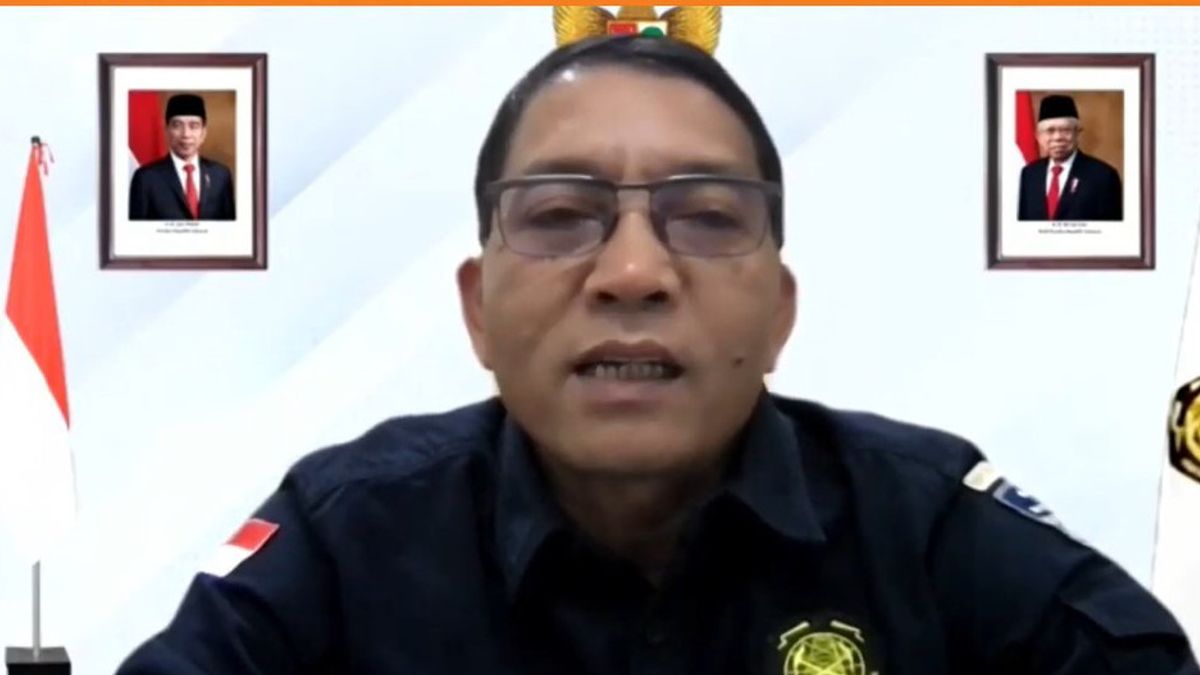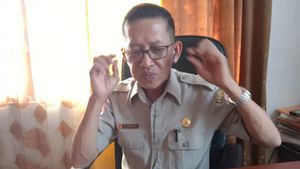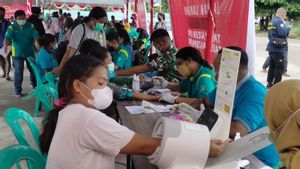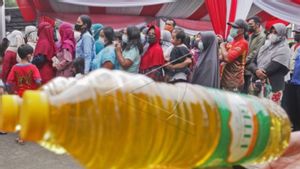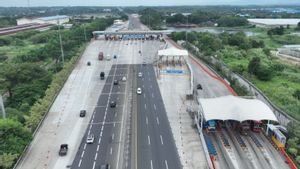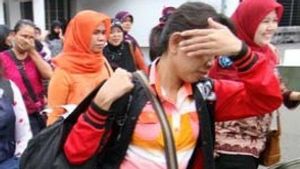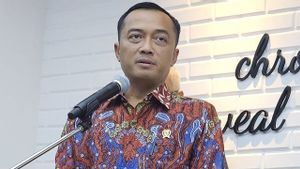JAKARTA - To support the acceleration of the national program for the implementation of Battery-Based Electric Motorized Vehicles (KBLBB) for road transportation, the Ministry of Energy and Mineral Resources invites Ministries and Government Agencies in Indonesia to accelerate the conversion program of BBM motorcycles into electric motorcycles.
This was conveyed by the Head of Research and Development Agency for Energy and Mineral Resources, Dadan Kusdiana, at the Socialization of the Program for Converting Fuel Motorcycles to Electric Motorcycles in Ministries and Institutions in Bogor.
Dadan explained, to accelerate the implementation of two-wheeled KBLBB, the Grand National Energy Strategy (GSEN) targets as many as 13 million two-wheeled KBLBB units to be available by 2030.
"In 2021, a total of 100 units of electric motorcycles for the MEMR operational service whose book value is already IDR 0, will be converted into electric motorcycles", said Dadan in his statement quoted on Sunday, January 23.
The conversion is carried out at the Electricity Workshop of the Research and Development Center for Electricity Technology, New Energy, Renewable Energy, and Energy Conservation (P3TKEBTKE).
This workshop has been certified as a Workshop for Installation, Maintenance, and Inspection of Equipment for the Installation of Electric Motor Drive Systems on Motorized Vehicles by the Ministry of Transportation.
P3TEKEBTKE has completed a 10,000 km road test for endurance and testing at the Roadworthiness Testing Center and Motor Vehicle Certification. The BPKB/STNK letter for motorcycles has also been adjusted at the Traffic Corps of the National Police.
Dadan described converting motorbike users to save fuel costs of IDR 2.78 million/year, not including the cost of changing the oil. If the current population of two-wheeled vehicles in Indonesia is 115 million (BPS data 2020), then this program has the potential to generate fuel efficiency of IDR 319 trillion/year and reduce greenhouse gas emissions by 65 million tons of CO2.
"To meet the 2030 GSEN target of 13 million 2-wheeled vehicles, the potential for saving fuel is around IDR 36 trillion per year and reducing GHG emissions by 7.5 million tons of CO2e per year", continued Dadan.
SEE ALSO:
Dadan emphasized that the Ministry of Energy and Mineral Resources will position itself as a catalyst for the motorcycle conversion program and is ready to cooperate with other ministries/agencies. The success of this program will open the market and accelerate the pace of implementation in the community so that it will also stimulate the national economy by involving the MSME sector and local industry.
On the same occasion, the Expert Staff of the Minister of Energy and Mineral Resources, Sripeni Inten Cahyani, explained that the government is targeting six million two-wheeled vehicles to be converted in the next five years. To achieve this, the Ministry of Energy and Mineral Resources will propose a conversion program to become mandatory for operational vehicles of ministries/agencies and local governments, which is budgeted in the State Budget (APBN).
She added, based on preliminary data, most of the motorcycles for operational vehicles in ministries and agencies were obtained from the 2000-2010 and 2010-2019 periods. The vehicles targeted for conversion are motorcycles, BBM, roadworthy operational vehicles with a book value of IDR 0. To achieve the prototype target of 1,000 units to six million vehicles, Inten hopes that ministries/agencies can spearhead this program with a budget of between IDR9-10 million/unit.
photo credit: Ministry of Energy and Mineral Resources
The English, Chinese, Japanese, Arabic, and French versions are automatically generated by the AI. So there may still be inaccuracies in translating, please always see Indonesian as our main language. (system supported by DigitalSiber.id)
